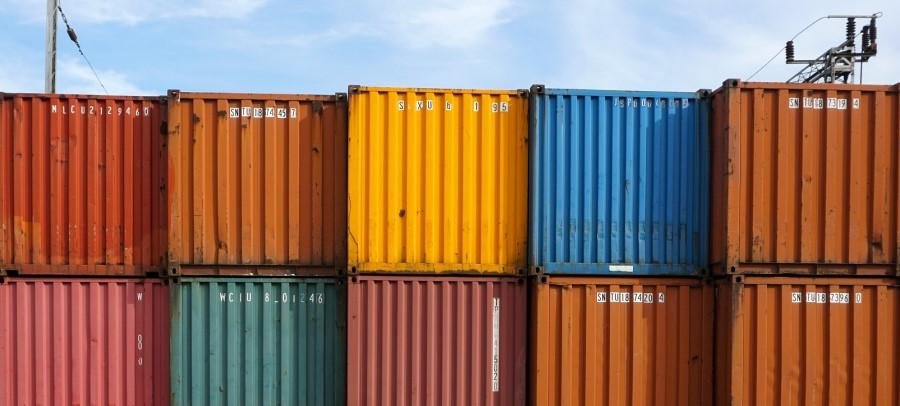Customs switches to new declaration system

Last year the Dutch Customs started preparations for replacing the AGS declaration system, the Automated Periodic Declaration (Geautomatiseerde Periodieke Aangifte; GPA) and the Written Periodic Declaration (Schriftelijke Periodieke Aangifte; SPA)
With the transition from the current declaration systems to DMS, changes will also be made to customs processes. In almost all cases this will have implications for your company’s own customs processes. For example, the data sets for the import declarations will change when DMS is introduced. All companies that import or export goods via the Netherlands will be affected by this change. This also applies to the large group of companies that has outsourced the filing of declarations to Customs representatives. Depending on the type of customs activities and the manner is which declarations are filed, the transition to DMS could, to a greater or lesser extent, result in additional costs being incurred.
Under the current declaration systems, the majority of Dutch companies that file their declarations themselves use existing software applications to establish a connection with Customs. Customs representatives also often use these software applications. In the past, a small number of companies opted to develop this connection themselves. The companies that still use their own application must now either opt to develop a new application for their own use or in future make use of the services of software providers. The majority of the remaining companies are expected to again use applications from software suppliers or decide to outsource the declarations to Customs representatives.
Companies that, in addition to regular import and export, make use of special arrangements, such as inward processing and customs warehouse, will have to bring the associated customs processes in line with DMS. In this context, we expect that Customs will carry out a review inspection, which will also involve a reassessment of the changes to the customs processes, including a revised description of the administrative organization and internal control measures. Individual arrangements will often be made with this group of companies.
Phased implementation
In principle, there are three distinct stakeholders in the customs process, i.e. Customs, the software supplier and the declarant. The declarant can be the company itself or its Customs representative. The transition from the current systems to DMS is expected to lead to major capacity problems for both Customs and the business sector. That is why Customs, in consultation with the business sector, has decided on a phased implementation for 2022. This means that not all companies will transition at once, but this will take place over the course of 2022. The three stakeholders will as much as possible mutually decide when the transition can take place.
Our advice is to start with the preparations for the transition to DMS as soon as possible. We will of course be happy to provide you with advice.